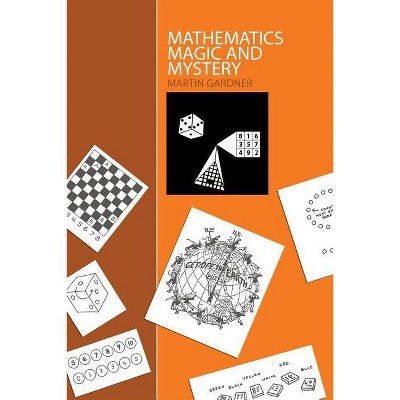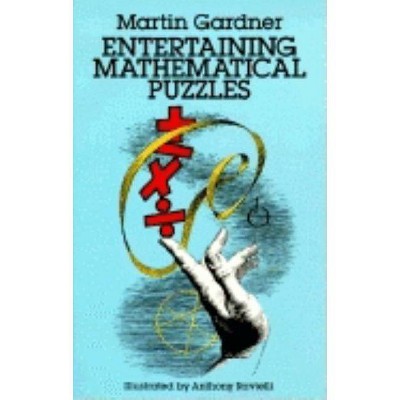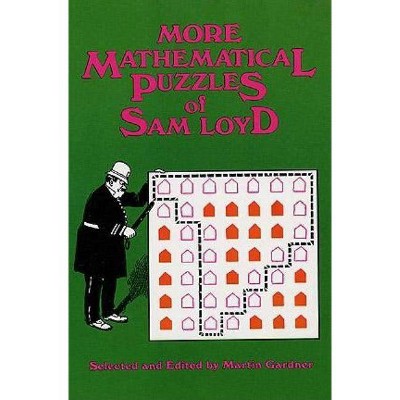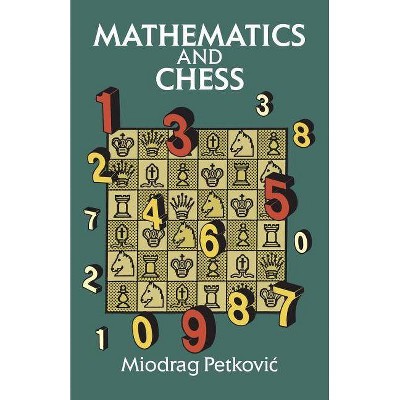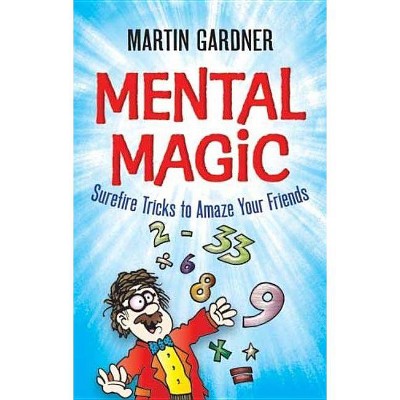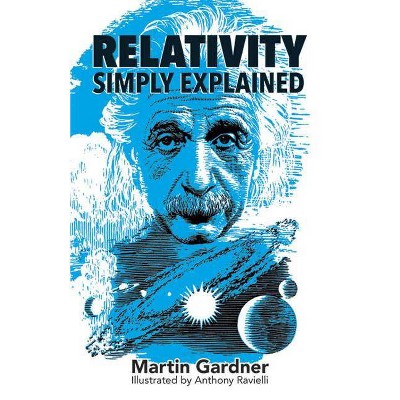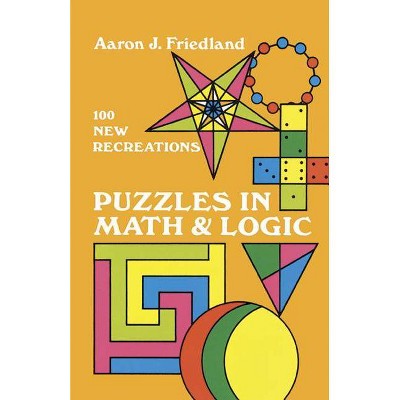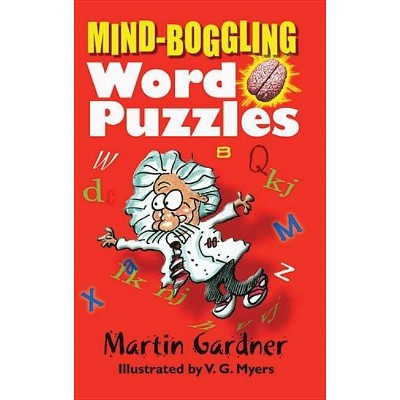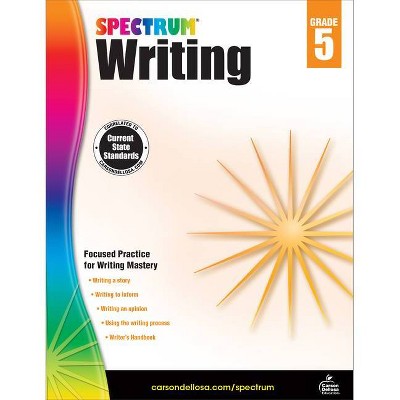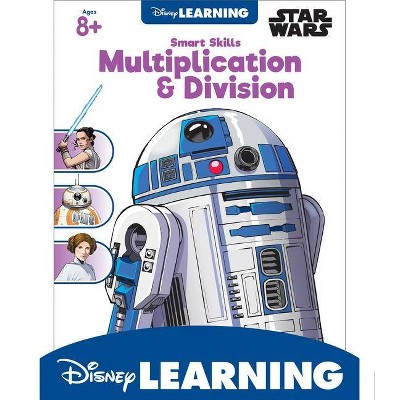Mathematics, Magic and Mystery - (Dover Recreational Math) by Martin Gardner (Paperback)
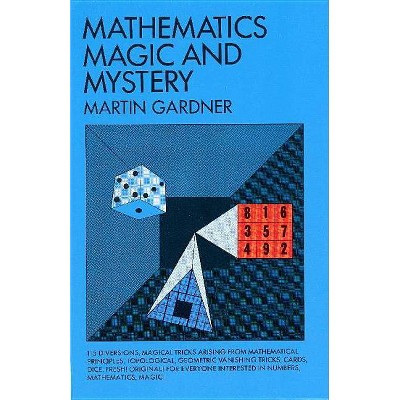
Similar Products
Products of same category from the store
AllProduct info
<p/><br></br><p><b> About the Book </b></p></br></br>Famed puzzle expert explains math behind a multitude of mystifying tricks: card tricks, stage mind reading, coin and match tricks, counting out games, geometric dissections, etc. More than 400 tricks. 135 illustrations.<p/><br></br><p><b> Book Synopsis </b></p></br></br>This is the first book-length study of this fascinating branch of recreational mathematics. Written by one of the foremost experts on mathematical magic, it summarizes, with considerable historical data and bibliography, all previous work in this field; it is also a creative examination of laws and their exemplification, with scores of new tricks, new insights, new demonstrations. In this volume, for the first time dozens of topological tricks are explained, dozens of manipulation tricks are aligned with mathematical law.<p/><br></br><p><b> From the Back Cover </b></p></br></br>Why do card tricks work? How can magicians do astonishing feats of mathematics mentally? Why do stage mind-reading tricks work? As a rule, we simply accept these tricks and magic without recognizing that they are really demonstrations of strict laws based on probability, sets, number theory, topology, and other branches of mathematics.This is the first book-length study of this fascinating branch of recreational mathematics. Written by one of the foremost experts on mathematical magic, it employs considerable historical data to summarize all previous work in this field. It is also a creative examination of laws and their exemplification, with scores of new tricks, insights, and demonstrations. Dozens of topological tricks are explained, and dozens of manipulation tricks are aligned with mathematical law.Nontechnical, detailed, and clear, this volume contains 115 sections discussing tricks with cards, dice, coins, etc.; topological tricks with handkerchiefs, cards, etc.; geometrical vanishing effects; demonstrations with pure numbers; and dozens of other topics. You will learn how a Moebius strip works and how a Curry square can prove that the whole is not equal to the sum of its parts.No skill at sleight of hand is needed to perform the more than 500 tricks described because mathematics guarantees their success. Detailed examination of laws and their application permits you to create your own problems and effects.<p/><br></br><p><b> About the Author </b></p></br></br>Martin Gardner was a renowned author who published over 70 books on subjects from science and math to poetry and religion. He also had a lifelong passion for magic tricks and puzzles. Well known for his mathematical games column in <i>Scientific American</i> and his Trick of the Month in <i>Physics Teacher</i> magazine, Gardner attracted a loyal following with his intelligence, wit, and imagination. <p><b>Martin Gardner: A Remembrance <br></b>The worldwide mathematical community was saddened by the death of Martin Gardner on May 22, 2010. Martin was 95 years old when he died, and had written 70 or 80 books during his long lifetime as an author. Martin's first Dover books were published in 1956 and 1957: <i>Mathematics, Magic and Mystery, </i> one of the first popular books on the intellectual excitement of mathematics to reach a wide audience, and <i>Fads and Fallacies in the Name of Science, </i> certainly one of the first popular books to cast a devastatingly skeptical eye on the claims of pseudoscience and the many guises in which the modern world has given rise to it. Both of these pioneering books are still in print with Dover today along with more than a dozen other titles of Martin's books. They run the gamut from his elementary <i>Codes, Ciphers and Secret Writing, </i> which has been enjoyed by generations of younger readers since the 1980s, to the more demanding <i>The New Ambidextrous Universe: Symmetry and Asymmetry from Mirror Reflections to Superstrings, </i> which Dover published in its final revised form in 2005. <p>To those of us who have been associated with Dover for a long time, however, Martin was more than an author, albeit a remarkably popular and successful one. As a member of the small group of long-time advisors and consultants, which included NYU's Morris Kline in mathematics, Harvard's I. Bernard Cohen in the history of science, and MIT's J. P. Den Hartog in engineering, Martin's advice and editorial suggestions in the formative 1950s helped to define the Dover publishing program and give it the point of view which -- despite many changes, new directions, and the consequences of evolution -- continues to be operative today. <p><b> <p>In the Author's Own Words: <br></b>Politicians, real-estate agents, used-car salesmen, and advertising copy-writers are expected to stretch facts in self-serving directions, but scientists who falsify their results are regarded by their peers as committing an inexcusable crime. Yet the sad fact is that the history of science swarms with cases of outright fakery and instances of scientists who unconsciously distorted their work by seeing it through lenses of passionately held beliefs. <p>A surprising proportion of mathematicians are accomplished musicians. Is it because music and mathematics share patterns that are beautiful? -- Martin Gardner
Price History
Price Archive shows prices from various stores, lets you see history and find the cheapest. There is no actual sale on the website. For all support, inquiry and suggestion messages communication@pricearchive.us
